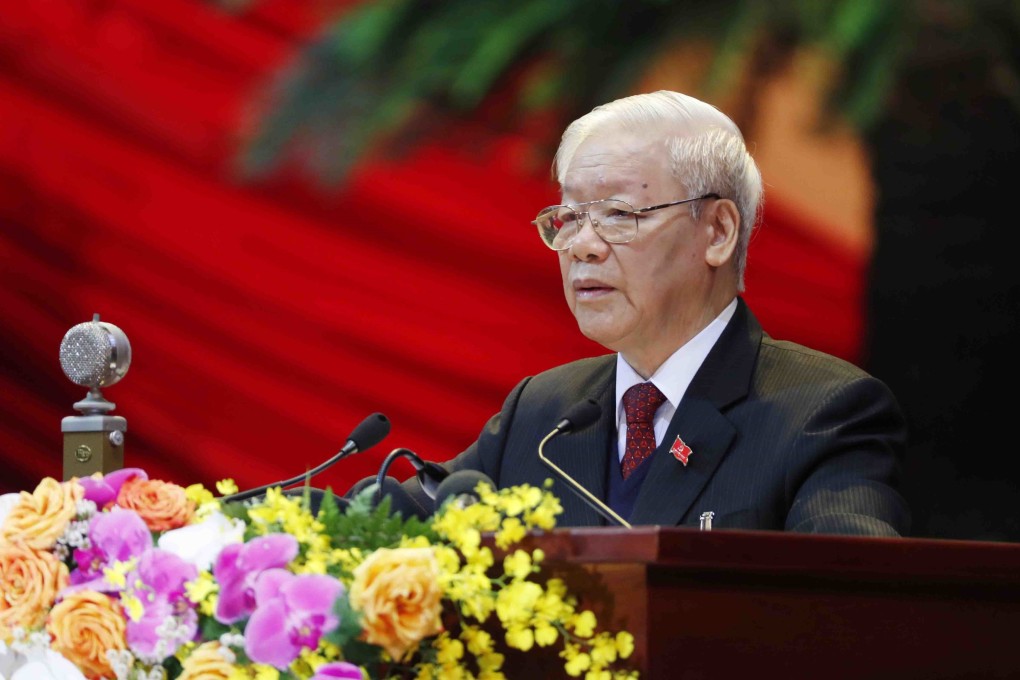Vietnamese anti-corruption drive that claimed president’s scalp prompted by similar concerns as China’s, observers say
- Communist Party of Vietnam chief Nguyen Phu Trong said to be focused on securing ruling party’s legitimacy
- Promoting a healthy environment for businesses also key, with economy growing at fastest pace in 25 years

Dozens of officials, including two deputy prime ministers, were earlier removed from their positions for being involved in major scandals involving price fixing and kickbacks for Covid-19 test kits, as well as bribes for seats on charter flights returning Vietnamese citizens to the country during the pandemic.
Zhao Weihua, director of Fudan University’s Centre for China’s Relations with Neighbouring Countries, said the impetus behind Vietnam’s anti-corruption drive was to secure the ruling party’s legitimacy, which largely depended on social stability.
The party’s priorities had shifted, he said. After the Vietnam war ended in 1975, it had focused on protecting the country’s freedom and independence from foreign interference. But after decades of progress, it now wanted to embody a modern and developed socialist power – a goal made clear at the most recent party congress in 2021.
